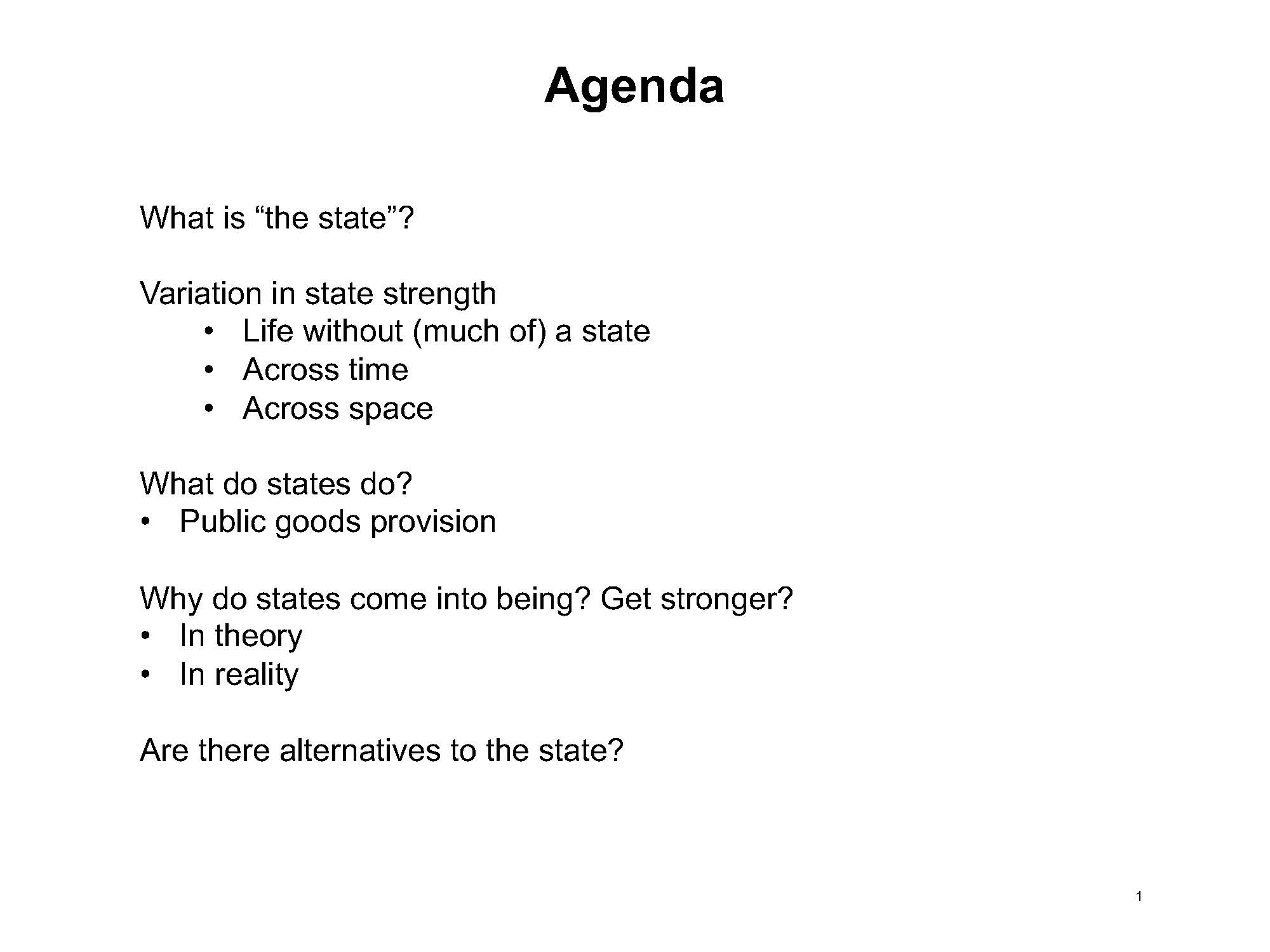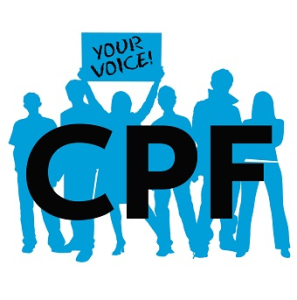
Welcome to SCOTUS100x, The Supreme Court and American Politics, brought to you by The University of Baltimore's School of Law and Mr. Lyle Denniston, informally known as the dean emeritus of Supreme Court Journalists.
Throughout this eight-week course, you will go on a journey with Mr. Denniston to explore the history of the United States Supreme Court, with primary emphasis on its interaction with America’s political life. From the founding of a new nation with the creation of a truly national constitution at the Philadelphia Convention in the summer of 1787 up to our own time, the Supreme Court has been both immersed in the political scene, and apart from it.
POLSC101: Introduction to Political Science.
Syllabus
- Course Introduction
- Unit 1: Foundational Concepts of Politics
- Unit 2: Participation and Public Opinion
- Unit 3: Ideologies
- Unit 4: The State
- Unit 5: Political Institutions
- Unit 6: International Politics
- Study Guide
- Course Feedback Survey
- Certificate Final Exam
Comparative Democratic Development Part II: Conditions of Democracy
POLISCI101
Stanford School of Humanities and Sciences
This course is designed to follow Comparative Democratic Development Part I: Conditions of Democracy. There are no formal prerequisites for this course, although an interest in democracy, democratic structures and institutions, as well as democratic development is key.
The first part of this course explored the definition and elements of liberal democracy and the social, economic, and cultural conditions for sustaining. It also looked at the dynamics of democracy, taking a more actor-centered approach to examine the drivers of democratic transitions and breakdowns. This second and final part of the course takes a more political approach, asking two questions. First, how do the institutions of liberal democracy vary in design, and what institutional choices seem to offer the best prospects for sustaining liberal democracy? What tensions and tradeoffs must be navigated in designing or reforming democratic institutions? Second, is it possible for external actors to assist in the development and defense of democracy? What types of international policies and practices have been most successful in supporting democracy from abroad, and how can democracy be promoted more effectively?
Comparative Democratic Development Part I: Conditions of Democracy
Stanford School of Humanities and Sciences
POLISCI-101
Democratic Development is intended as a broad, introductory survey of the political, social, cultural, economic, institutional, and international factors that foster and obstruct the development and consolidation of democracy. Each factor will be examined in historical and comparative perspective, with reference to a variety of different national experiences. It is hoped that students in developing or prospective democracies will use the theories, ideas, and lessons in the class to help build or improve democracy in their own countries.
This course is primarily intended for individuals in college or beyond, with some academic background or preparation in political science or the social sciences. However, it seeks to be accessible and useful to a diverse international audience, including college students, instructors at the second and college levels, government officials, development professionals, civil society leaders, journalists, bloggers, activists, and individuals involved in a wide range of activities and professions related to the development and deepening of democracy.
Introduction to Political Philosophy
Description
This course is intended as an introduction to political philosophy as seen through an examination of some of the major texts and thinkers of the Western political tradition. Three broad themes that are central to understanding political life are focused upon: the polis experience (Plato, Aristotle), the sovereign state (Machiavelli, Hobbes), constitutional government (Locke), and democracy (Rousseau, Tocqueville). The way in which different political philosophies have given expression to various forms of political institutions and our ways of life are examined throughout the course.
Course Takeaways
- The way in which different political philosophies have given expression to various forms of political institutions and our ways of life are examined throughout the course.

Introduction to Comparative Politics MIT-LECTURE 2
This class addresses the fundamental problems of governance: the rationale for the state and ways to make sure that the state does what is in the best interests of people subject to its authority. The central purpose of the class is to help you think critically about these issues, which will include interrogating the assumptions that you– like everyone else– probably have about them.
The class also has a few corollary goals:
- To help you identify improvements in how your country could be governed;
- To help you make and critique arguments about public policy and social issues, based on analytical reasoning and empirical evidence;
- To give you practice in writing and presentation; and
- To provide the foundation for more specialized polisci classes, if you wish to take them.
- CLICK ON THE CLASS TITLE- DIRECT YOU TO THE CLASS. THE COURSE INCLUDES SEVERAL SESSIONS TO ATTEND.
Open Yale Courses
Capitalism: Success, Crisis, and Reform.
About the CourseIn this course, we will seek to interpret capitalism using ideas from biological evolution: firms pursuing varied strategies and facing extinction when those strategies fail are analogous to organisms struggling for survival in nature. For this reason, it is less concerned with ultimate judgment of capitalism than with the ways it can be shaped to fit our more specific objectives–for the natural environment, public health, alleviation of poverty, and development of human potential in every child. Each book we read will be explicitly or implicitly an argument about good and bad consequences of capitalism.
POLSC201: Introduction to Western Political Thought
Syllabus
- Course Introduction
- Unit 1: The Polis
- Unit 2: Modern Political Thought
- Unit 3: Liberal Democracy and Its Critics
- Study Guide
- Course Feedback Survey
- Certificate Final Exam



